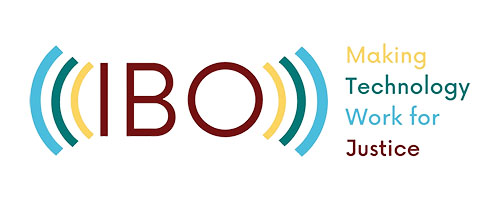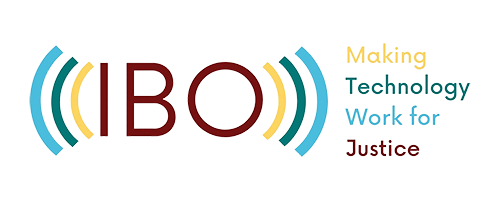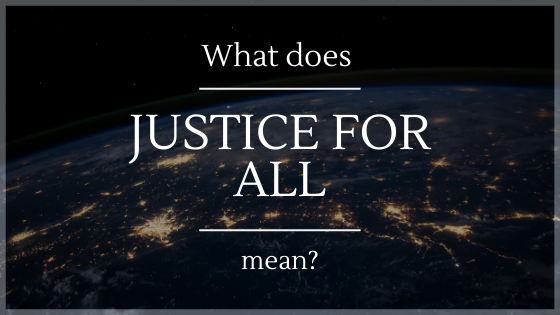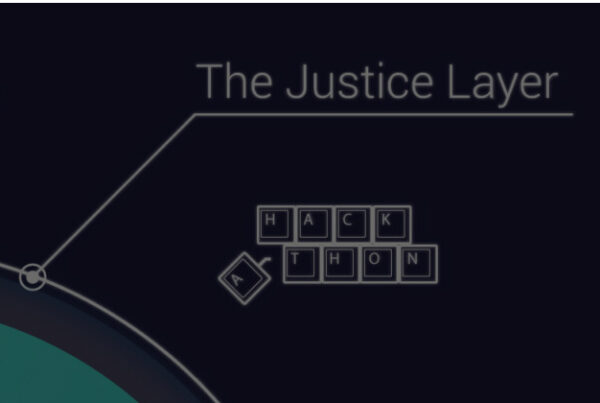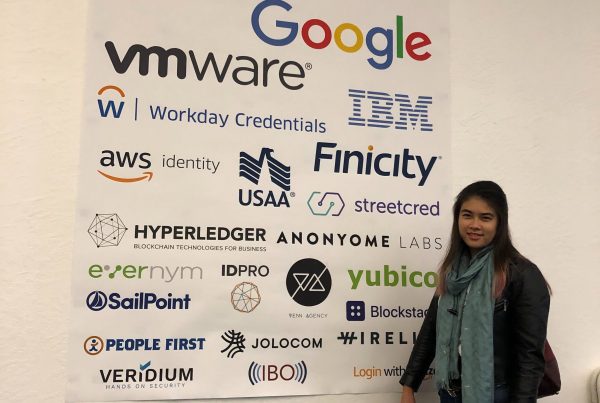Social justice warrior (SJW). Advocate. Organizer. Protester. Legal Aid Lawyer. Bleeding hearts.
These are all terms I’ve heard applied to those who work in the access to justice (A2J) field, whether because that is their actual role, or they are the focus of ridicule. If someone does adopt one of these labels, it is safe to say they’re probably striving for justice for all. But what does that actually mean?
What it Doesn’t Mean?
Reality check time: 5 billion people have badly limited or no access to justice. Around the world, communities face a towering amount of problems that threaten their livelihoods, and ultimately, their lives.
-
Violence against women and children
-
Crime based on race
-
Mountains of debt
-
Lack of access to healthcare and education
-
Damage to the environment
-
And the list goes on and on…
Why Should We Care?

If you’re a SJW, you probably think this is a ridiculous question. “Of course we should care! The world needs saving, and we can do it.” If you’re not hell-bent on saving the day, this is a legitimate question that I don’t fault you for in the slightest. When I first joined the A2J field, I was a bright-eyed intern learning the legal terms and official names for injustices I, or my small town community, had experienced my entire life. While I was angry because of all the pain and suffering I saw around the world, my community’s experiences were also validated.
Women being pushed down the stairs or emotionally abused isn’t normal. Being told I was one of the “good” Hispanics isn’t normal. Not seeking treatment because it costs too much, and subsequently risking death isn’t normal. The death of people of color at the hands of those who have sworn to protect and serve isn’t normal. Or at least I don’t want it to be.
But it is for so many. And as much as we try to care and affect change, the systems we currently have in place are slow. And the real villain emerges: Apathy.
“We can’t change anything. Life isn’t fair. This is the way it’s been for forever. Caring about every little thing is exhausting. I’m going to take care of me.” While I consider myself a SJW, I’ve thought these things at various points in my life. And that’s ok. Some times we just need to take a moment and breathe. That doesn’t mean we should quit though.
We should care because we can change the world around us for the better, piece by piece.
What Does Justice For All Mean?
One of the United Nations sustainable development goals (#16) is to “promote just, peaceful and inclusive societies” by 2030. I could probably write pages and pages listing the achievements of various individuals and organizations who are doing this everyday, from the domestic violence advocate to Black Lives Matter to Greta Thunberg. Every day, people are going out of their way to leave the world better than they found it, and it only takes a little Googling to see that their efforts are working.
What You Can Do?

The world is vast and complicated, so no, you don’t need to care and act on every struggle you hear about in the news. You’ll drive yourself bonkers. Instead, make a small list of what you can do, either today or in the next two weeks.
While these are just a few ideas, I’m sure you can come up with others:
-
Speak up when you see racism, or any injustice
-
Donate goods or your time (an hour or two) to a nonprofit
-
Recycle
-
Vote in local and national elections
-
Join a protest
-
Donate or become a member of a nonprofit
-
Help someone, especially if it doesn’t benefit you
What do all of these suggestions have in common? You. Don’t wait for your government to change, or believe that someone smarter than you will achieve justice for all. At the end of the day, what we do defines who we are.
Who will you be in a year, five years, twenty years?
